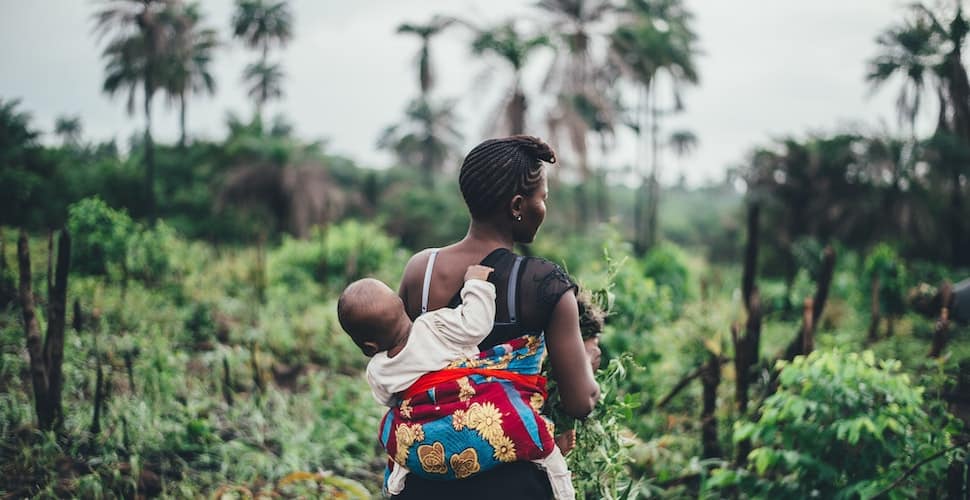The U.S. government has launched legal action against four individuals involved in fraudulent adoption scheme in Uganda, amid growing concern over birth parents in the country losing their children to trafficking.
Financial sanctions and visa restrictions were imposed last week on two Ugandan judges, along with a lawyer and her associate, who worked together on a scheme by which “young children were removed from their families and placed into a corrupt adoption network.”
The lawyer, along with two American women employed by a now-defunct agency which processed the adoptions, is also the subject of an indictment in the state of Ohio.
According to the indictment, the latter three women paid bribes to ensure the placement of children in orphanages against their best interest, along with the assignment of their cases to the two corrupt judges now facing sanctions.
The individuals involved made hundreds of thousands of dollars in profits over the scheme’s several years of operation, targeting vulnerable families with financial incentives and promises of education.
Quartz Africa reports:
“Illegal adoptions and scams target the most vulnerable people from poor socioeconomic backgrounds,” says Salima Namusobya, head of the Initiative for Social and Economic Rights in Kampala. “They face numerous socioeconomic barriers that maintain them in extreme poverty and therefore, unlikely to question any offers for help. Also, this keeps them from seeking justice once they discover the lies.”
Uganda, along with other East African nations such as Ethiopia and Kenya, has struggled with fraudulent adoption schemes for years, with the U.S. the primary destination for trafficked children.
A 2016 law requires adoptive parents to stay in Uganda at least one year before taking a child home, but recent events have shown that exploitative adoption schemes often involve legal officials themselves—a major obstacle to enforcement.
Advocates say that the problem is that the underlying issues that make families vulnerable to fraudulent adoption schemes remain unaddressed, such as poverty and malnutrition.
“Wider systemic socioeconomic failures in the country have resulted in widening inequality and exclusion,” says Namusobya. “There’s been a decline in government investment in social services and growing commercialization of key social sectors like education and health which would ideally provide safety nets and shield vulnerable groups from such scams.”
Freedom United campaigns on the closely related issue of orphanage trafficking, which also relies on separating poor children from their families and exploiting them for “voluntourism” profits.
Take action and add your name today.







Freedom United is interested in hearing from our community and welcomes relevant, informed comments, advice, and insights that advance the conversation around our campaigns and advocacy. We value inclusivity and respect within our community. To be approved, your comments should be civil.